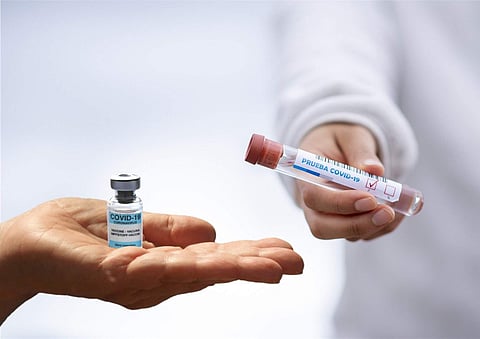

Australia could achieve vaccine self-reliance within half a year after the University of Adelaide (UA) revealed a plan to manufacture mRNA vaccines. The university on Wednesday announced a joint partnership with the South Australian Health and Medical Research Institute (SAHMRI) and international biotechnology company BioCina that could see it develop the capability to mass produce mRNA vaccines within six months.
Under the agreement, the Adelaide Pfizer plant purchased by BioCina in August 2020 would be used to manufacture vaccines with capital from the UA and the SAHMRI, it was reported. The mRNA vaccines can be produced on a much larger scale than traditional vaccines and can be altered more quickly in response to mutant strains of viruses.
Anton Middelberg, a vaccine manufacturing expert and UA deputy vice-chancellor, said the ability to manufacture mRNA vaccines in Australia would have applications beyond the pandemic. "These microbial cells are the workhorses of biotechnology," he said. "Because it is an industrial organism you can very quickly code up a piece of DNA and make a lot of material very quickly. What that means is that if COVID-19 becomes COVID-23 we can be in a position where we can start producing a vaccine pretty much immediately and go from being at the back of the queue to the front of the queue. "The great thing about this project is that because it uses an existing facility which has regulatory approval, rather than a greenfield site, we can step up right now and start working."
BioCina chief executive Ian Wisenberg said, "In a country like Australia we are talking about 20 million people, or 40 million doses, which is not a lot in terms of production. We see no reason why we could not be producing 100 million doses within that same six to 12-month timeframe."
